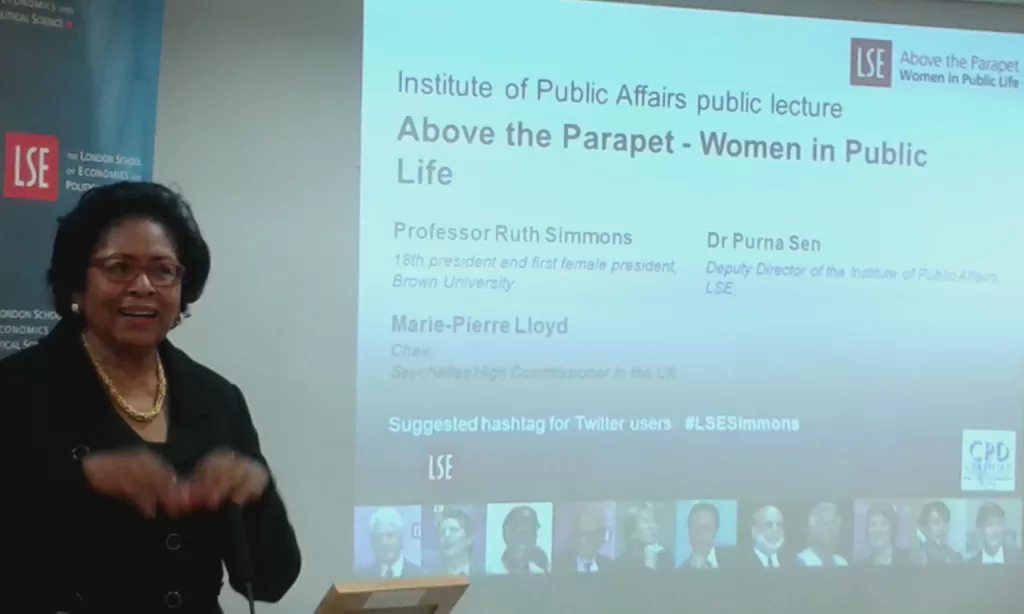A survey carried out annually by Universum has found that Google is number one of the top companies to work for in the US among business students, closely followed by Walt Disney and Apple. Elsewhere in the top employers ranking, Nike shot up four places to fourth, Goldman Sachs climbed from ninth to seventh and the
US Business Students Name Top Companies to Work For







